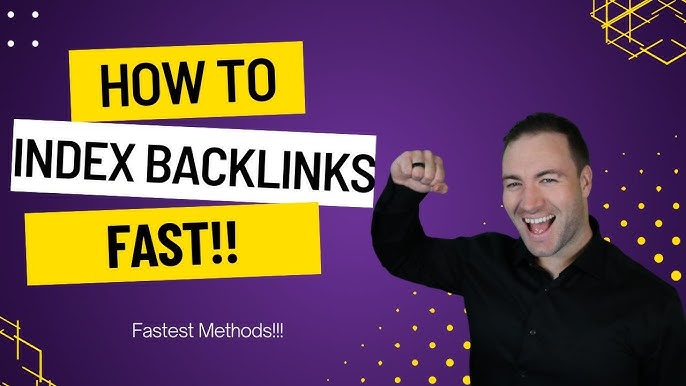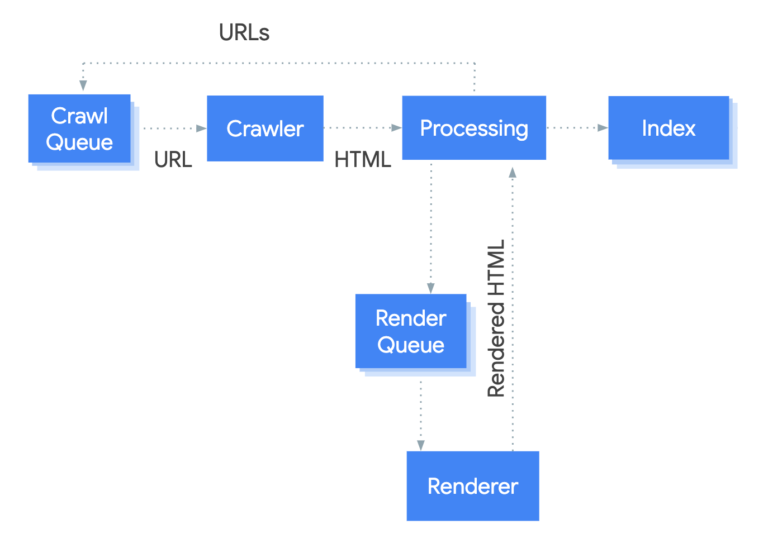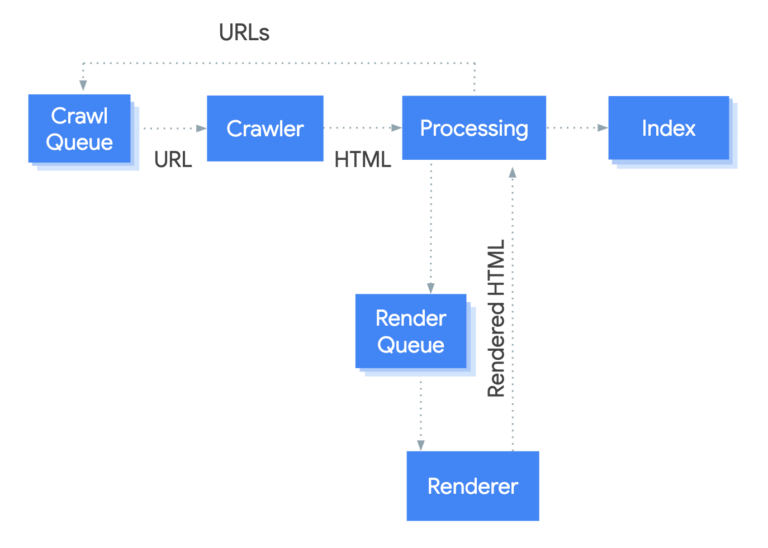Social signals indirectly impact Google indexing by increasing website visibility and engagement. They drive more traffic, leading to better rankings.
Social signals, like shares, likes, and comments on social media platforms, play a crucial role in boosting a website’s visibility. These interactions indicate to search engines that the content is valuable and engaging. High engagement rates can lead to more organic traffic, which in turn can improve a website’s ranking on search engine result pages (SERPs).
Although social signals are not direct ranking factors, they contribute to a website’s overall online presence. This increased visibility can lead to more backlinks and mentions, further enhancing SEO efforts. Therefore, leveraging social media effectively can have a significant positive impact on Google indexing.
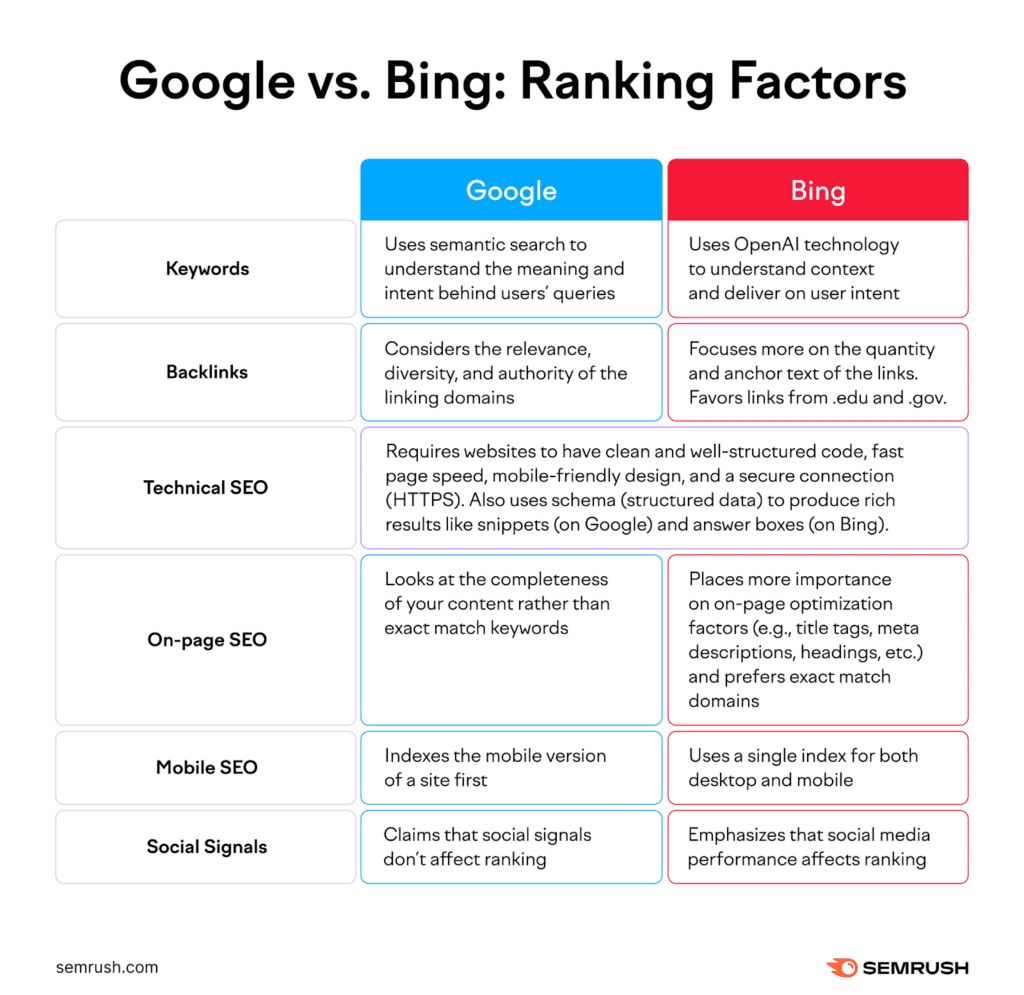
Introduction To Social Signals
Social signals play a vital role in modern SEO strategies. They influence how search engines rank your website. Understanding social signals helps improve your site’s online visibility.
Definition And Importance
Social signals are interactions on social media platforms. These include likes, shares, comments, and more. They represent how users engage with your content.
Google uses these signals to determine content quality and relevance. High engagement often means valuable content. This can lead to better indexing and higher search rankings.
Social signals also build trust and credibility. A page with many social interactions appears more reliable. This can attract more visitors and potential customers.
Types Of Social Signals
There are several types of social signals. Each type can impact your SEO differently.
- Likes: Indicate approval of your content.
- Shares: Show users find your content valuable enough to share.
- Comments: Reflect engagement and interaction with your content.
- Retweets: Similar to shares but specific to Twitter.
- Pins: Used on Pinterest to save and share content.
Each social signal provides insight into user behavior. They help search engines understand content relevance. This can lead to better indexing and higher rankings.
| Social Signal | Platform | Impact |
|---|---|---|
| Likes | Facebook, Instagram | Indicates approval |
| Shares | Facebook, LinkedIn | Shows value |
| Comments | Facebook, Instagram | Reflects engagement |
| Retweets | Indicates value | |
| Pins | Shows interest |
Google Indexing Basics
Understanding Google Indexing is key for website owners. It helps in getting your content visible in search results. This process involves Google bots crawling your web pages and adding them to the Google index.
How Google Indexing Works
Google uses web crawlers, also known as spiders or bots. These crawlers scan the web for new and updated pages. Once a page is found, it is processed and indexed.
The indexing process involves analyzing the content, images, and other media on the page. Google then categorizes and stores this information in its database. This makes it accessible for search queries.
Factors Influencing Indexing
Several factors can influence how and when Google indexes a page. Here are some key elements:
- Content Quality: High-quality, unique content is prioritized by Google.
- Backlinks: Pages with many backlinks are seen as more trustworthy.
- Website Speed: Fast-loading websites are indexed more quickly.
- Mobile-Friendliness: Mobile-optimized sites get better indexing.
- Site Structure: A well-organized site makes it easier for crawlers.
Google uses these factors to decide which pages to index first. Ensuring your site meets these criteria can improve your indexing rate.
Role Of Social Signals In Seo
Social signals play a crucial role in SEO. They can influence Google indexing and improve search engine rankings. Social signals include likes, shares, and comments on social media platforms. These interactions can signal to Google that your content is valuable and engaging.
Correlation With Rankings
There is a strong correlation between social signals and search engine rankings. Social signals can indicate the relevance and quality of content. When a post gets more likes, shares, or comments, it can rank higher on Google.
| Social Signal | Impact on Rankings |
|---|---|
| Likes | Shows content is popular |
| Shares | Increases content reach |
| Comments | Indicates engagement |
Impact On Visibility
Social signals can significantly impact content visibility. More social interactions can lead to higher visibility on search engines. This can attract more visitors to your website.
Here are some benefits of increased visibility:
- Higher click-through rates (CTR)
- More backlinks
- Increased brand awareness
Increased visibility can drive more organic traffic. This can lead to better overall SEO performance.
Analyzing Social Signals
Analyzing social signals is vital for understanding their impact on Google indexing. Social signals refer to likes, shares, comments, and other interactions on social media platforms. These interactions can influence how search engines like Google view and rank your content.
Measuring Social Engagement
Measuring social engagement involves tracking the interactions your content receives. This includes likes, shares, and comments on various social media platforms. High engagement levels can signal to Google that your content is valuable and relevant.
Consider the following metrics to measure social engagement:
- Likes: The number of likes your content receives.
- Shares: The times your content is shared across social platforms.
- Comments: The amount of feedback or responses your content garners.
- Mentions: How often your brand or content is mentioned.
Tools For Analysis
Several tools can help you analyze social signals and engagement metrics. These tools provide insights into how your content performs on social media.
Here are some popular tools for analysis:
- Google Analytics: Tracks website traffic and social media referrals.
- Hootsuite: Manages social media accounts and measures engagement.
- BuzzSumo: Analyzes content performance and identifies top influencers.
- Social Mention: Monitors real-time mentions of your brand or content.
| Tool | Function |
|---|---|
| Google Analytics | Tracks website traffic and social media referrals |
| Hootsuite | Manages social media accounts and measures engagement |
| BuzzSumo | Analyzes content performance and identifies top influencers |
| Social Mention | Monitors real-time mentions of your brand or content |
Using these tools can help you understand your social media performance better. This, in turn, can impact your Google indexing positively.
Strategies To Enhance Social Signals
Social signals play a vital role in Google indexing. They help improve your website’s visibility. Understanding how to enhance these signals can give your site a competitive edge. Below, we outline effective strategies to boost social signals.
Content Creation Tips
Creating engaging content is crucial. Follow these tips to make your content more shareable:
- Use Eye-Catching Headlines: Craft headlines that grab attention instantly.
- Incorporate Visuals: Add images, videos, and infographics to make content more engaging.
- Keep It Short and Sweet: Write concise paragraphs for easier reading.
- Provide Value: Ensure your content offers useful information or solves a problem.
- Use Bullet Points: Break down information into bullet points for better readability.
Encouraging Social Sharing
Encouraging your audience to share your content can amplify your social signals. Here are some tactics:
- Add Social Share Buttons: Place social sharing buttons on every blog post.
- Engage with Your Audience: Respond to comments and messages to build a community.
- Host Contests and Giveaways: Incentivize sharing by offering rewards.
- Promote Content on Multiple Platforms: Share your content across various social media channels.
- Collaborate with Influencers: Partner with influencers to reach a broader audience.
Enhancing social signals is an ongoing process. Implement these strategies to improve your site’s Google indexing.

Case Studies
Analyzing case studies helps us understand how social signals impact Google indexing. These real-world examples show the effectiveness of social media in SEO. By examining successful campaigns, we can uncover key lessons learned.
Successful Campaigns
Several brands have leveraged social signals to boost their Google rankings. Below are some notable examples:
| Brand | Social Platform | Impact on Indexing |
|---|---|---|
| Brand A | Increased organic traffic by 25% | |
| Brand B | Boosted page indexing speed | |
| Brand C | Improved keyword ranking |
Lessons Learned
From these case studies, several key lessons emerge:
- Engagement Matters: Higher engagement leads to better indexing.
- Platform Choice: Different platforms offer unique benefits.
- Consistency: Regular updates improve visibility.
These lessons help refine social media strategies for better SEO outcomes.
Common Myths
Many believe social signals directly impact Google indexing. This is a common myth. Understanding the truth behind social signals is crucial for effective SEO.
Debunking Misconceptions
There are many misconceptions about social signals and SEO. Let’s debunk some of these myths.
- Myth 1: More social shares equal higher rankings.
- Fact: Social shares alone do not improve rankings.
- Myth 2: Google counts every like and share.
- Fact: Google uses different metrics to rank pages.
Clarifying Seo Practices
Understanding real SEO practices can help. Here are some key points:
- Focus on creating high-quality content.
- Engage your audience on social media.
- Use relevant keywords naturally in your content.
Remember, social signals can boost visibility. They do not directly impact Google indexing.
Future Trends
The landscape of social signals and their impact on Google indexing is constantly evolving. With the rapid advancement of technology and the growing influence of social media, understanding future trends is crucial. Let’s dive into what the future holds for social signals and their role in Google indexing.
Evolving Algorithms
Google’s algorithms are continuously changing. These changes aim to provide the best user experience. Social signals are expected to play a bigger role in these evolving algorithms.
Previously, social signals had a limited impact on search rankings. Now, they are becoming more significant. Google is looking at how users engage with content on social media. This includes likes, shares, and comments.
Here is a table showing the key elements of evolving algorithms:
| Algorithm Element | Impact |
|---|---|
| User Engagement | High |
| Content Relevance | Medium |
| Link Quality | Medium |
Predictions For Social Signals
Future predictions suggest a stronger influence of social signals on Google indexing. Here are some key predictions:
- Increased Weightage: Social signals will carry more weight in search rankings.
- Real-time Data: Google will use real-time social data for indexing.
- Content Freshness: Fresh content shared on social media will rank higher.
These predictions indicate that businesses must focus on social media strategies. Engaging content will become vital for better indexing and rankings.
In summary, the future of social signals in Google indexing looks promising. Businesses should stay updated with evolving algorithms. Embrace these trends to stay ahead in the SEO game.
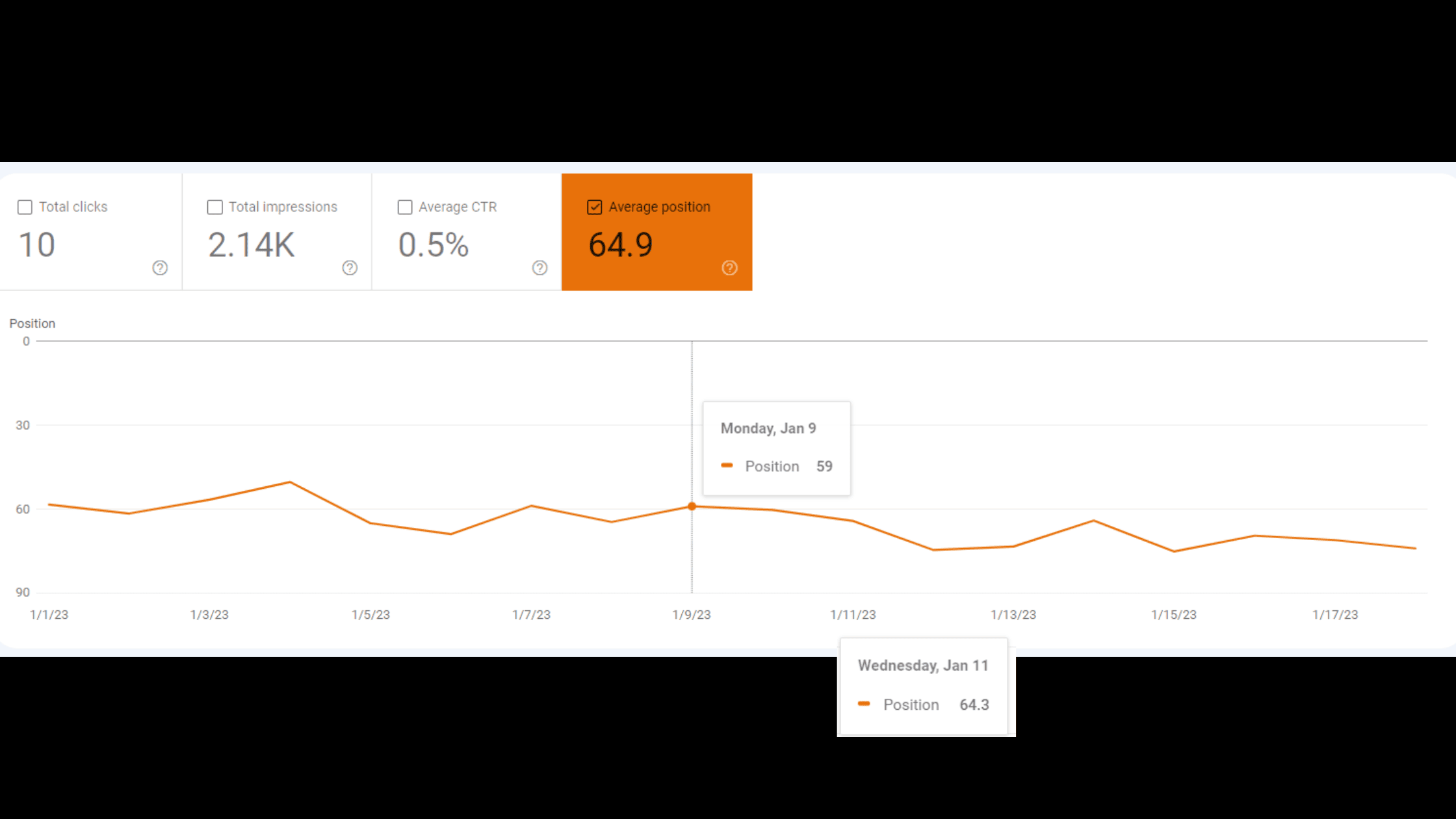
Frequently Asked Questions
What Are Social Signals?
Social signals are likes, shares, and comments on social media platforms. They indicate user engagement and interest in content.
How Do Social Signals Affect Google Indexing?
Social signals indirectly affect Google indexing by increasing content visibility. More engagement can lead to higher traffic and backlinks.
Do Social Signals Improve Seo Ranking?
Yes, social signals can improve SEO ranking. They indicate content popularity and relevance, which search engines value.
Are All Social Signals Equally Important?
No, not all social signals are equally important. Shares and comments have more impact than likes in boosting engagement.
Conclusion
Understanding social signals is crucial for improving Google indexing. Engaging content on social platforms drives traffic and boosts visibility. Focus on creating shareable, high-quality content. Monitor social media metrics regularly to refine strategies. Leveraging social signals effectively can significantly enhance your site’s SEO performance.
Stay proactive and adaptive to maintain a competitive edge.


